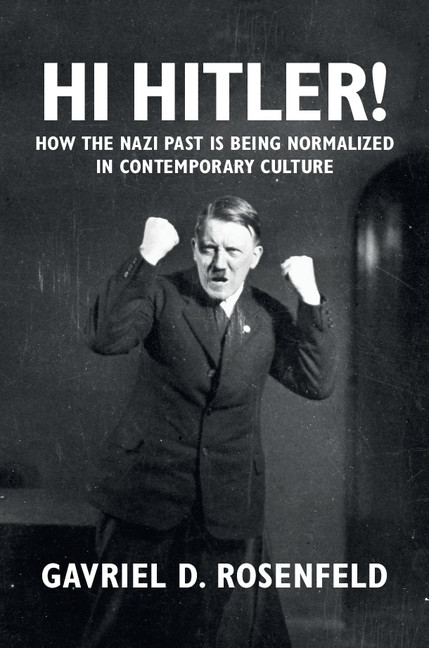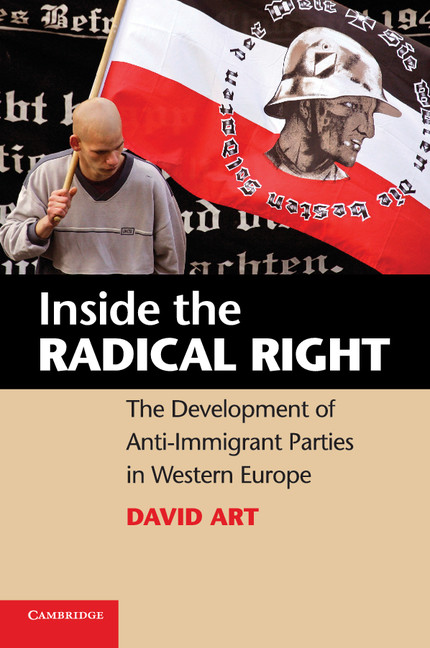The Politics of the Nazi Past in Germany and Austria
This book argues that Germans and Austrians have dealt with the Nazi past very differently and these differences have had important consequences for political culture and partisan politics in the two countries. Drawing on different literatures in political science, Art builds a framework for understanding how public deliberation transforms the political environment in which it occurs. The book analyzes how public debates about the 'lessons of history' created a culture of contrition in Germany that prevented a resurgent far right from consolidating itself in German politics after unification. By contrast, public debates in Austria nourished a culture of victimization that provided a hospitable environment for the rise of right-wing populism. The argument is supported by evidence from nearly two hundred semi-structured interviews and an analysis of the German and Austrian print media over a twenty-year period.
- Comparison of role of Nazi past in contemporary German and Austrian politics
- Develops a theory of public debates
- 175 interviews with German and Austrian politicians, journalists, and civic activists
Reviews & endorsements
"This is an outstanding book. David Art tackles an important real-world issue--the effect of the Nazi past on recent and contemporary politics--and he provides a compelling and innovative argument about why Germany and Austria have dealt with their pasts so differently. He shows how the public debates that emerged in these two countries during the 1980s led to two very distinct types of right-wing populist movements: a weak and marginalized fringe in Germany, but a strong and influential far right party in Austria. This book will have a major impact on the fields of comparative politics and European politics, and it should also be widely noticed by scholars and students interested in political communication, history and politics, right-wing extremism, and the role of ideas in politics." Marc Morjé Howard, Georgetown University
"To understand the differences between Germany and Austria, it is necessary to read David Art's book. Art stresses convincingly the reasons for and the results of different attitudes toward Nazism: After 1945, Germany had to accept the role of a perpetrator. Austria was allowed to nourish the role of a victim. The consequences are known from the Waldheim affair to Joerg Haideras rise to significant power, unthinkable in post-1945 Germany." Anton Pelinka, University of Innsbruck, Austria
Product details
December 2005Hardback
9780521856836
246 pages
229 × 152 × 17 mm
0.53kg
3 tables
Available
Table of Contents
- 1. Introduction
- 2. Public debates and political change
- 3. The culture of contrition
- 4. The victim culture
- 5. Combating the Far Right in Germany
- 6. Taming the Far Right in Austria?
- 7. Conclusions and extensions.











